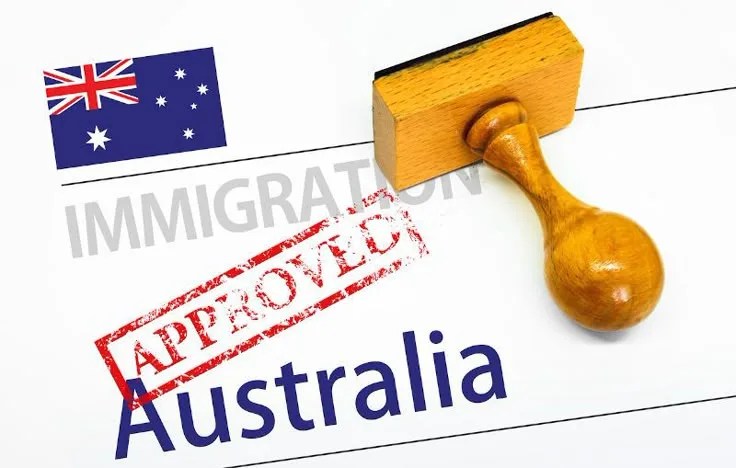Moving abroad is exciting — new cultures, fresh opportunities, and maybe a new language to master. But living abroad legally? That’s the part that trips up many people. Visa expiration dates, changing immigration laws, and the fine print can feel like a puzzle you’re desperate to solve.
This article breaks down how to stay legally in your new country, focusing on visa extensions and your legal stay options so you never have to worry about overstaying or risking deportation.

Table of Contents
- Why Staying Legal Matters
- Types of Visas and Their Duration
- When to Start Thinking About Visa Extensions
- How to Apply for a Visa Extension
- Legal Stay Options Beyond Visa Extensions
- The Importance of Maintaining Valid Status
- What Happens if You Overstay?
- Tips to Avoid Visa Problems
- Special Considerations for Work Visas
- Student Visas and Staying After Graduation
- Family-Based Stay Options
- Travel Restrictions During Extensions
- The Role of Immigration Lawyers and Consultants
- Country-Specific Visa Extension Examples
- Conclusion
- FAQs
Why Staying Legal Matters
Overstaying a visa or breaking immigration rules can have serious consequences: fines, bans on re-entry, or even deportation. Staying legal protects your rights, your job, and your peace of mind.
Types of Visas and Their Duration
Different visas come with different lengths and rules:
- Tourist Visas: Usually short stays (30-90 days).
- Student Visas: Duration depends on course length.
- Work Visas: Linked to employment contracts.
- Family or Spouse Visas: Can vary widely.
Understanding your visa type is the first step in planning your stay.

When to Start Thinking About Visa Extensions
Don’t wait until your visa is about to expire! Immigration offices usually recommend applying for extensions weeks or even months before your current visa ends.
How to Apply for a Visa Extension
The process often includes:
- Filling out an application form.
- Providing proof of why you want to extend your stay (work contract, school enrollment, family ties).
- Showing proof of financial means.
- Paying fees.
Requirements vary by country, so always check the official immigration website.

Legal Stay Options Beyond Visa Extensions
If your current visa can’t be extended, or you want to change your status, consider:
- Switching visa types (e.g., from student to work visa).
- Applying for permanent residency.
- Requesting asylum or humanitarian protection (in special cases).
- Seeking a temporary resident permit.
The Importance of Maintaining Valid Status
Even if you plan to leave soon, maintaining valid visa status is crucial. Illegal stays can bar you from returning or cause future immigration headaches.
What Happens if You Overstay?
Consequences differ by country but often include:
- Fines and penalties.
- Travel bans for several years.
- Detention or deportation.
The best policy? Avoid overstaying at all costs.

Tips to Avoid Visa Problems
- Mark your visa expiry date clearly.
- Set reminders to apply early for extensions.
- Keep copies of all paperwork.
- Stay informed on immigration law changes.
- Consult an immigration lawyer if needed.
Special Considerations for Work Visas
Many countries require your employer to sponsor your visa. If you change jobs, inform immigration authorities immediately to avoid status lapses.

Student Visas and Staying After Graduation
Some countries offer grace periods for graduates to find work or switch visas. Know your country’s rules so you can plan ahead.
Family-Based Stay Options
If you have family in the country, family sponsorship or spouse visas might allow you to stay longer or transition to permanent residency.
Travel Restrictions During Extensions
Applying for an extension might restrict your ability to travel outside the country until a decision is made. Plan your trips carefully.

The Role of Immigration Lawyers and Consultants
While not mandatory, legal professionals can simplify complex processes and ensure your paperwork is correct and timely.
Country-Specific Visa Extension Examples
- USA: B-2 tourist visas can often be extended for up to 6 months.
- Canada: Student visas can be extended with proof of ongoing studies.
- Australia: Temporary Skill Shortage visas require employer nomination for extensions.
Always check the latest info from official government websites.

Conclusion
Living abroad legally is all about staying informed, organized, and proactive. Visa extensions and legal stay options keep your new life smooth and stress-free — so you can focus on enjoying your new home, not worrying about paperwork.
FAQs 
1. Can I work while applying for a visa extension?
It depends on your visa type and country. Check local rules.
2. What if my visa extension is denied?
You may need to leave the country or appeal the decision, depending on the rules.
3. How long does a visa extension take to process?
Processing times vary from days to months.
4. Can I apply for multiple extensions?
Some visas allow multiple extensions; others don’t.
5. Is it possible to switch visa types without leaving the country?
In many cases yes, but requirements vary.




